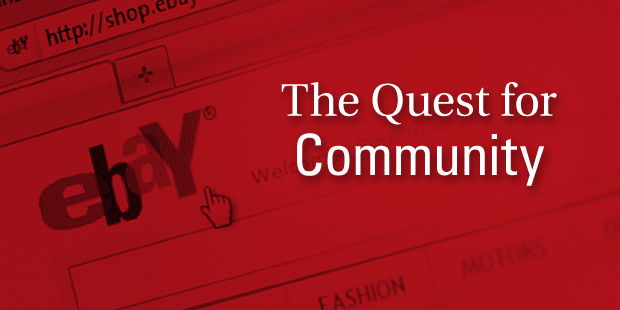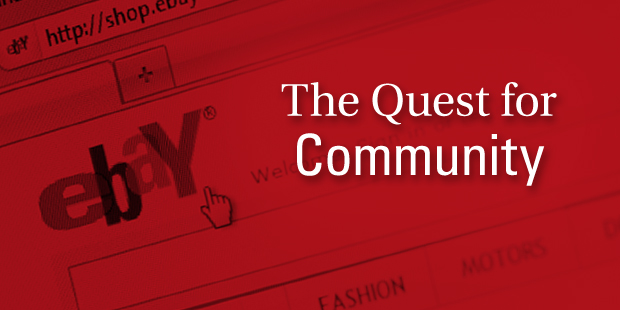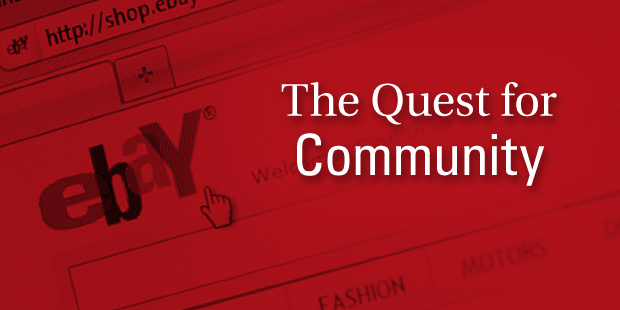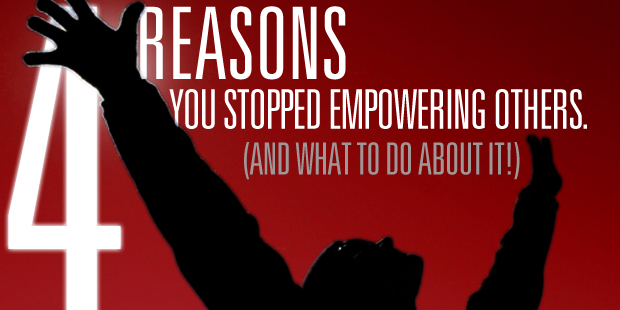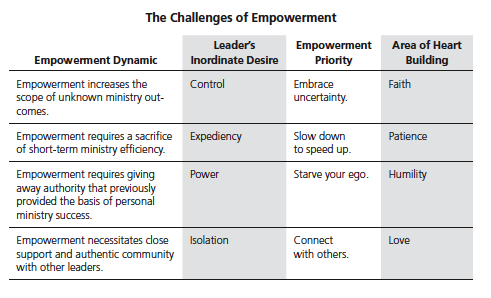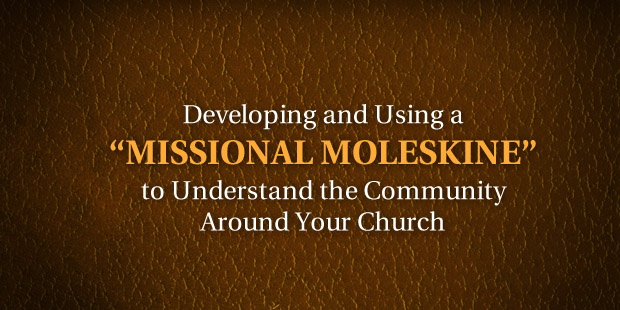
Developing a “Missional Moleskine” to Understand the Community Around Your Church
INCORPORATING “PLACES”
In my first place (my home), I have started a neighborhood through Next Door. Since doing this six weeks ago, I already know about a dozen of my neighbors’ names that I didn’t know the four years prior to living here. We are engaging online through our private/secure community and meeting in person through dinners, events, activities, etc.
In my second place (my work), I recommitted my intentionality with work at Panera Bread. No, I don’t work for Panera. I just work at Panera, about 20 hours a week. By spending this much time there, it becomes my “second place,” giving me the opportunity of getting to know almost all of their employees (I have twelve in my MM right now). If you are a pastor and are not in your community, let me strongly encourage you to reconsider your work environment if at all possible, at least for a portion of your work week.
In my third places (community), I am mapping my rhythms of where I eat, get gas, buy groceries, go to the park, etc. For example, every Tuesday for lunch I usually eat at Chili’s with my fellow elders. I buy groceries at the same Publix weekly. I go to the same park every Thursday with my boys on my day off (sometimes more). I buy gas at the same 7-11 gas station. My son’s t-ball team plays every Tuesday and Thursday. I have mapped out 6-8 of my “third places” and try to massage that rhythm each week. I bet if you took the time to sit down and map out your life in the city, you could come up with at least five “third places” to be tapped for life on mission.
Since incorporating “places” in my missional moleskine, I am finding ways to befriend non-Christians in every arena of ordinary life. In the last six weeks, I have gone from knowing just a few non-Christians on a first-name basis to now more than 30 whom I encounter on a regular basis. As I anticipate opportunities and open doors to build on those relationships, there will be some that I can make progress.
CHARTING “PROGRESS”
Here’s the progress I’m trying to make to live as a missionary in my city:
- Commit to being intentional, wide-eyed, and receptive to the Spirit’s sending and working.
- Determine to dwell deep (incarnationally) in the city by redeeming ever “place” God puts you.
- Take time to learn and write down the names of non-Christians in the missional moleskine.
- Begin having short, friendly conversations with them, using their first name and making eye contact.
- In those short conversations, express the desire to pray for people in your life, and since you “know” them, you want to include them in your prayers. Ask them to give you one (our a couple) specific things you can pray for them about.
- When non-Christians know you have an interest in their lives to the extent that you are regularly conversing with them and praying for them, they will begin to share more about their lives, at which point you can begin to understand their life narrative/story. The progression moves from context (talk about external matters) to subtext (talk about internal matters).
- Discover ways to build redemptive bridges in everyday conversation based on their narrative. In each story, there are people made in the image of God, living in a fallen world, experiencing brokenness, separation, rebellion, idolatry, and restlessness. You can prayerfully weave nuggets of the gospel in compelling, contextual, and disarming ways that open the door for longer gospel conversations.
- If you have not already, make your life accessible to them, giving them permission to contact you (using appropriate measures). Make sure your posture is one of listening with compassion, openness with trust, and caring with sincerity.
- Address their objections and understand their challenges to understanding and embracing the gospel. While we know that only the Spirit of God can awaken sinners to new life, we also understand that we are those “through whom they believe.” Rarely are people converted the first time they hear the gospel. As you repeatedly share the gospel with them, God does His work through the Word, creating faith and repentance in them. You need to be patient but continually press them into the call of the gospel to repent and believe.
- Incorporate them in gospel community, inviting them to a life of learning and knowing Jesus. This gives them an opportunity to see what gospel-centered lives look like–where love and forgiveness is experienced and where sin is repented regularly and Christ is treasured preeminently.
This progression is not necessarily linear, as if sharing the gospel or inviting them in gospel community could not come earlier. They are simply steps I try to take in building relationships with those who were at one time strangers and now friends and hopefully soon brothers and sisters in Christ. I did not include ways of blessing, serving, or practically helping others, which certainly could be added here. But one thing I want to stress is that, in the relationship of word and deed, we need boldness in gospel proclamation. Sinners are saved through the sharing of the gospel, not just showing the impact of the gospel in our lives.
WRAPPING IT UP
Like I said earlier, the missional moleskine is just a travelogue of life on mission in your city. If we understand Jesus’ words correctly as sent people in the world (John 20:21), then every one of us is on a mission trip called “life” in the city God placed us. Over time, my hope and prayer is that the missional moleskine will be filled with names of non-Christians in my city being challenged and changed by the good news of Jesus Christ. As they learn to become disciples of Jesus, the relationships established by life on mission become a great avenue for developing them as ambassadors for Christ.
With their own missional moleskine.
Read more from Timmy here.
Would you like to learn more about disciplemaking and understanding the community around you? Connect with an Auxano Navigator and start a conversation with our team.

Tags: Community, Kingdom Concept, Local Predicament, Missional Moleskine, Timmy Brister












